5 Awesome Asian-American Actors from the 80s & 90s
Everyone knows that Hollywood is notorious for whitewashing film and television of Asian roles, and this was particularly true of the 80s and 90s. There’s probably some socio-cultural-political reason for this which I won’t explore here. However, I will explore the lives and careers of these five awesome Asian-American actors who thrived despite this environment.
Victor Wong
You may know Victor Wong best from his role as the astute tour bus driver and sorcerer Egg Shen from John Carpenter’s cult classic film “Big Trouble in Little China”. Other roles you may recognize are as storekeeper Walter from “Tremors” and Grandpa from the “3 Ninjas” movies. As a trained journalist, Victor Wong also had big trouble with a big movie about China, “The Last Emperor”, where Wong played a royal adviser. He clashed with director Bernardo Bertolucci about the historical accuracy of the film and Bertolucci would cut many of his scenes.
As much of a journalist as he was an actor, Victor Wong is credited for inventing the photojournalistic easy during his time with a news show called “Newsroom” in the late 60s and 70s. He did so as a result of Bell’s palsy which gave him distinct facial features he thought audiences would find undesirable. He believed narrating over previously recorded footage would help the audience pay attention more to his voice and the corresponding visuals, rather than his face. However, his signature facial look that we all love today would be of benefit to the type of roles he would play in film.
Victor Wong suffered from a pair of strokes and retired from acting in 1998 to focus on art. Victor tragically died on on September 12, 2001 of a heart attack, presumably worrying about his children who lived in New York City. They were unharmed.
Al Leong
When Al Long comes on the screen, you know there will be action! An actor, stuntman and martial artist, you’ve seen him as a henchman soon to meet death in such films as “Lethal Weapon”, “Die Hard” and “Big Trouble in Little China”. What I remember him most for is his portrayal of the mighty Ghenkis Khan who travels to the future where he “totally ravished Oshman’s Sporting Goods” at the San Dimas Mall.
However, Leong’s most recognizable appearances in film are dwarfed by is stunt work and martial arts collaborations in dozens of works in television and film throughout the 80s, 90s and beyond where he worked with other actors to be their most combative selves. Al Leong is a badass in real life being proficient in a number of martial arts forms including Karate, Wushu, Shaolin Kung Fu, Taekwando and Brazilian Ju-Jitsu. Moreover, he even beat brain cancer to continue his badassery. He also has the most awesome Fu Manchu mustache ever to have existed (no disrespect Boris Karloff).
A stroke would eventually end his career and he is now in well-earned retirement. I highly suggest watching a documentary about Al called “Henchman: The Al Leong Story” to get to know Al more.
Mako
Many of us 80s kids know Mako as Akiro the Wizard from the “Conan” films of the early 1980s but his career has been so much more prolific. Coming into the 80s already an Academy and Tony award nominee, Mako was the original Jackie Chan “Uncle” starring in Chan’s first American film, “The Big Brawl”, in 1980. Fans of “Avatar: The Last Air Bender” will sing “It’s a long, long way to Ba Sing Sae…” in Mako’s voice as Uncle Iroh.
Born Mako Iwamatsu in Kobe, Japan, Mako has an interesting story about becoming an American. His parents were political dissidents who moved to the United States in 1939 leaving him in the care of his grandmother in Japan. His parents would avoid internment by working for the U.S. Office of War Information. After being granted residency, his parents sent for him after the war in 1949.
Mako later joined the Army and served during the Korean War. He found his passion for theater and acting there in a division called the Special Services where he would perform in plays for fellow soldiers. Earning naturalization, Mako would later train at the Pasadena Community Playhouse. Subsequently, he was nominated for an Academy Award for Best Supporting Actor in his film debut in “Never So Few” in 1959.
Pat Morita
We all know Pat Morita. He played everyone’s favorite Karate sensei, Mr. Miagi, in the Karate Kid film franchise. This is common knowledge.
What you might not know is that Pat Morita overcame massive illness and disability as a child. I like to think that this experience fed into his roll as Mr. Miagi, a teacher and mentor who helps a kid overcome his own challenges.
Pat was diagnosed with spinal tuberculosis at only two years old. He spent almost his entire childhood in hospitals and long periods of time in full body casts. His parents were told that he would never walk. When he was 11 years old, Morita went through major surgeries and therapy to learn to walk. All the while, his parents were in a Japanese internment camp in Arizona. After over a year, Pat did learn to walk and was reunited with his parents… at the Tule Lake War Relocation Center in Oregon.
We might all dream of having a Mr. Miagi to help teach and guide us through hard time, but for my money, I’d take the original Pat Morita any day!
James Hong
While I think about his role as sorcerer David Lo Pan in “Big Trouble in Little China”, you might think of another of his more than 600 acting credits. James Hong is a contender for the most prolific actor in all of English language cinema regardless of race, gender, religion or creed. In short: James Hong is a Hollywood legend. Period.
Another product of the Army’s Special Services, Hong was so good at entertaining his fellow soldiers that he remained in the U.S. during the Korean War to head Camp Rucker’s live shows. Hong would later express relief for this as he felt he may have been just as likely shot at on the frontlines retreating from the enemy as charging toward them.
James Hong as been acting and producing in film, television, and later video games, since the 1950s and has not stopped since. At the time of this writing, James Hong is still among the hardest working in Hollywood… in his 90s!
These are just five of my favorite Asian-American actors who’s careers blossomed in the 80s and 90s. Considering Hollywood’s aversion to Asian-American artists at this time, their success is that much more admirable. What are your favorite roles from these fine actors? Let me know on Twitter. With that, here’s a quote from the immortal James Hong:
“As long as I have the talent and there’s a demand for the old Chinese man - whether he’s a philosopher, or a master, or an old-time restaurant owner, or a villain, or a so-called good guy - I will always be working.”






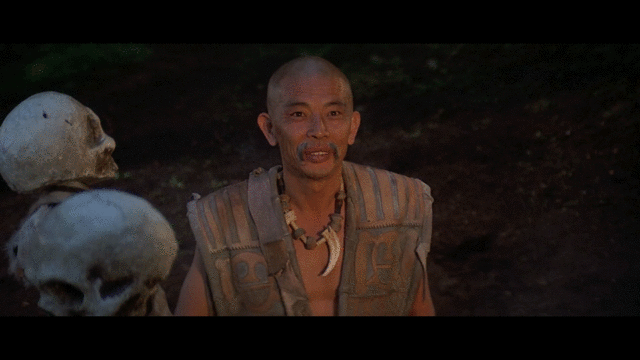




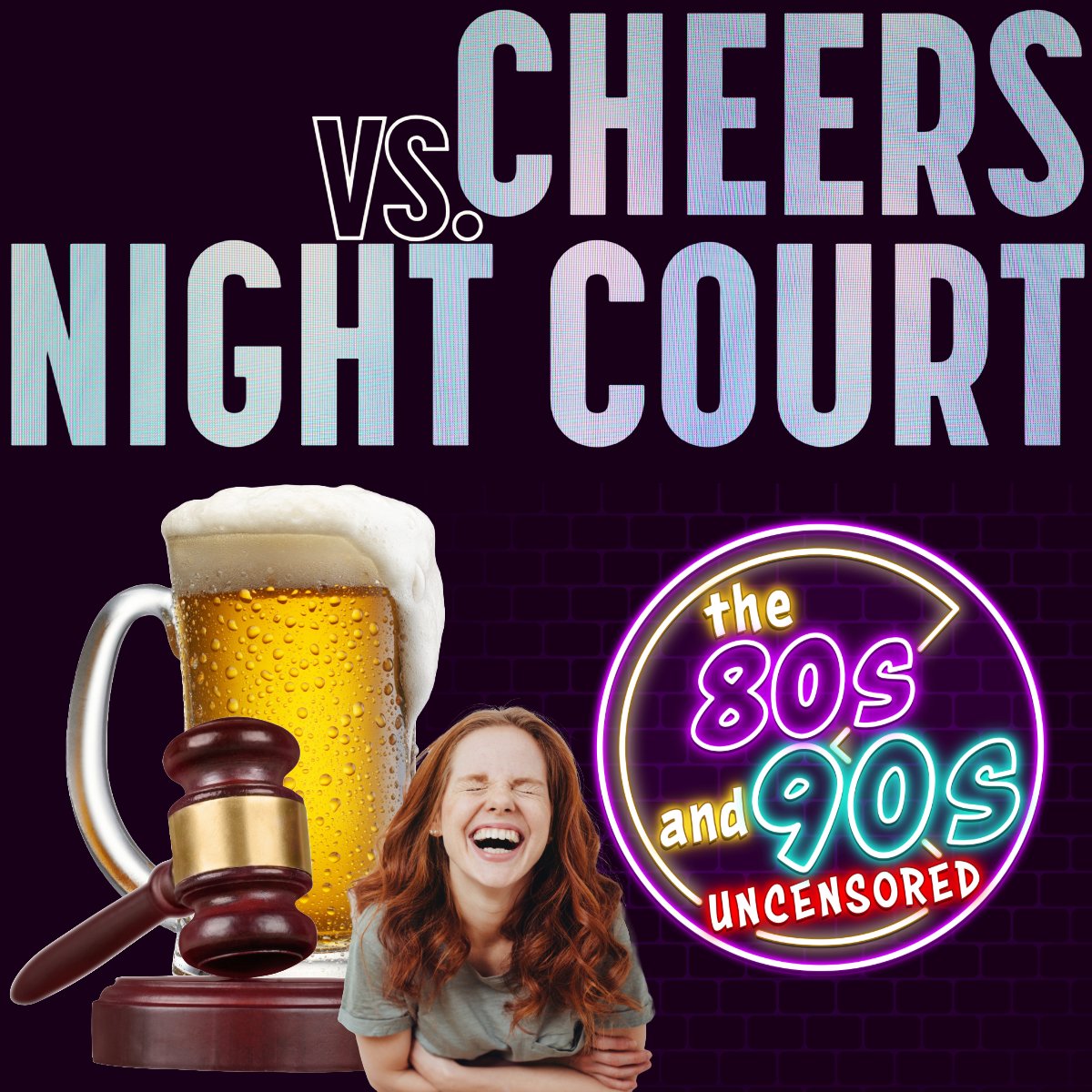



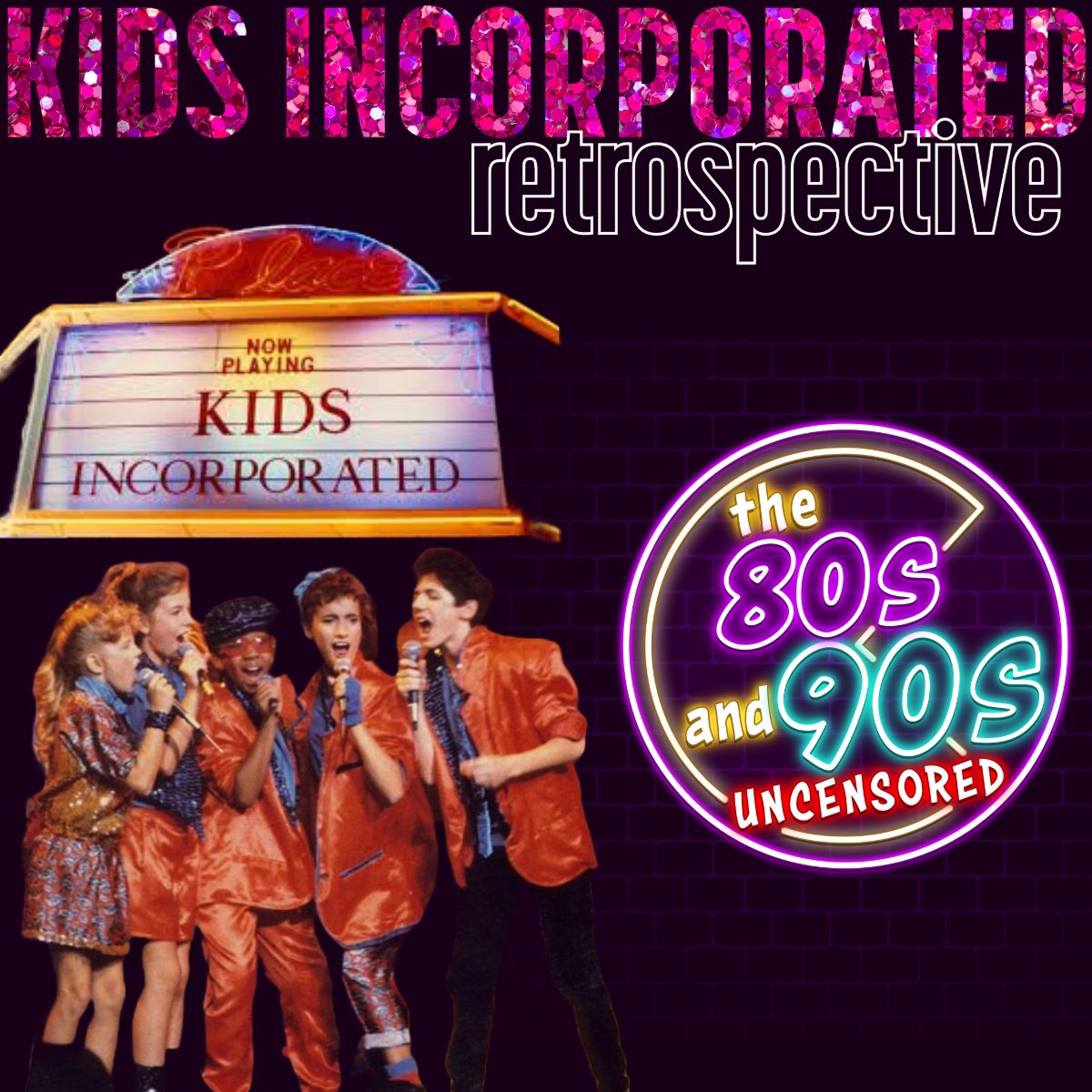
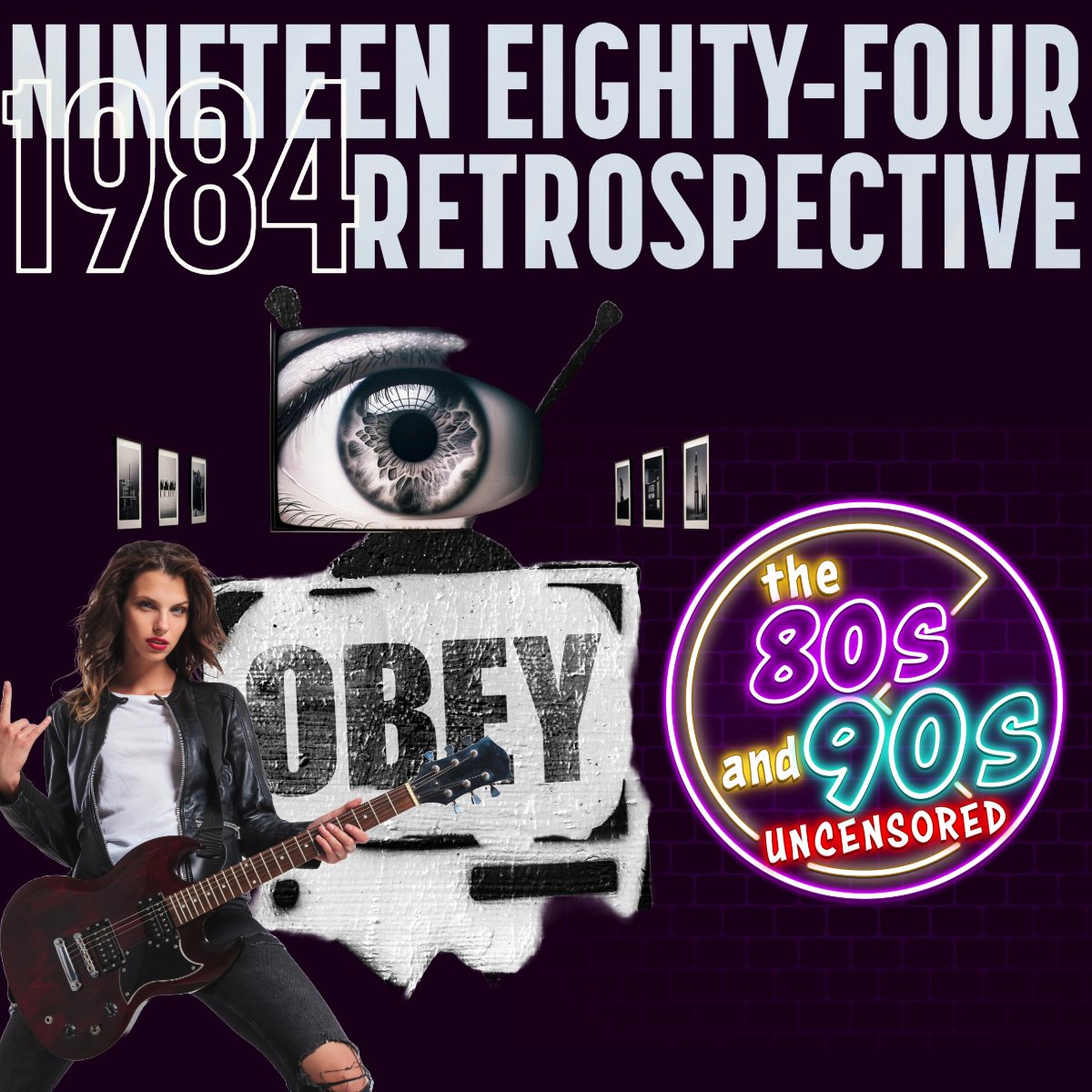


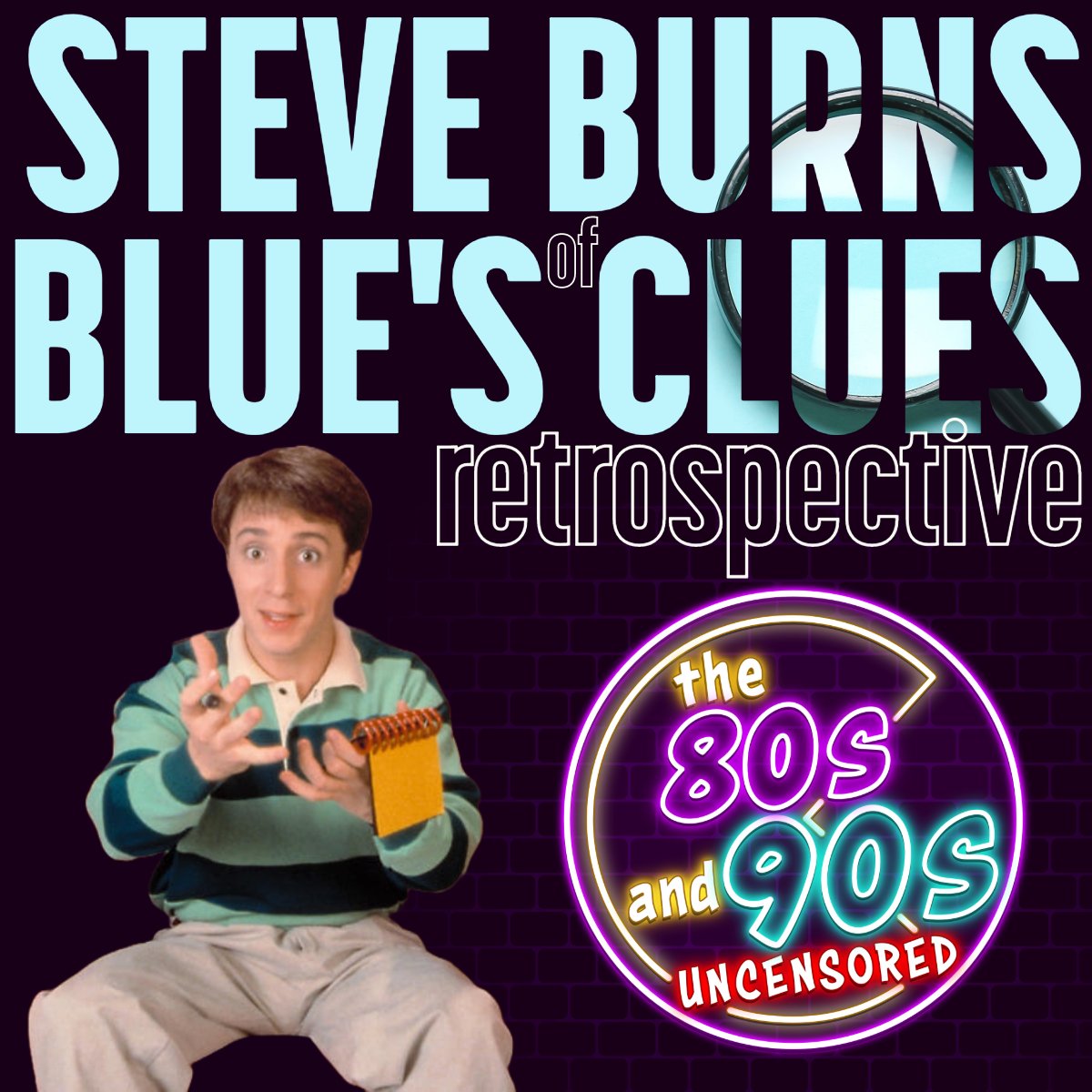


Taking a stroll down late-night tv, we’re joined by Katie of the Retromade podcast to discuss our memories of USA Up All Night.